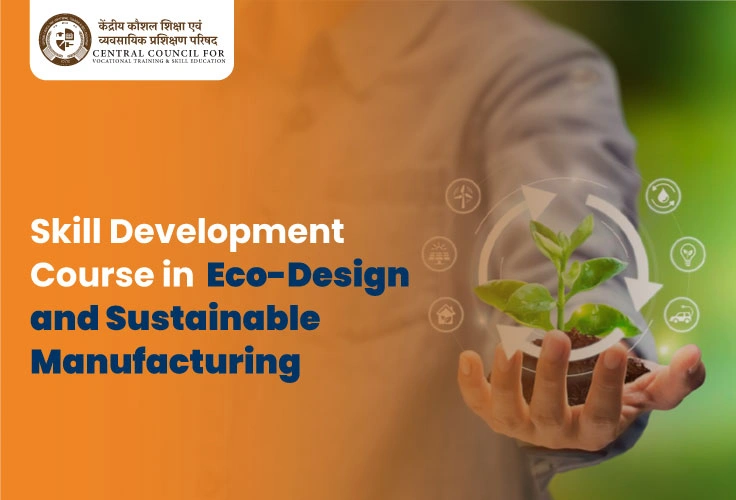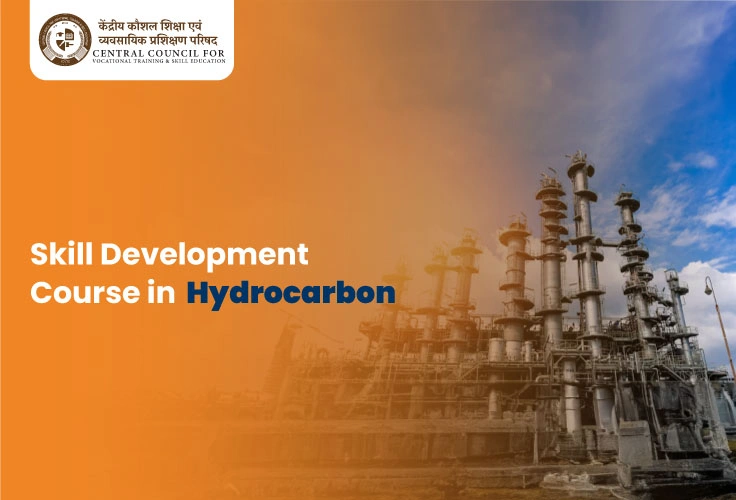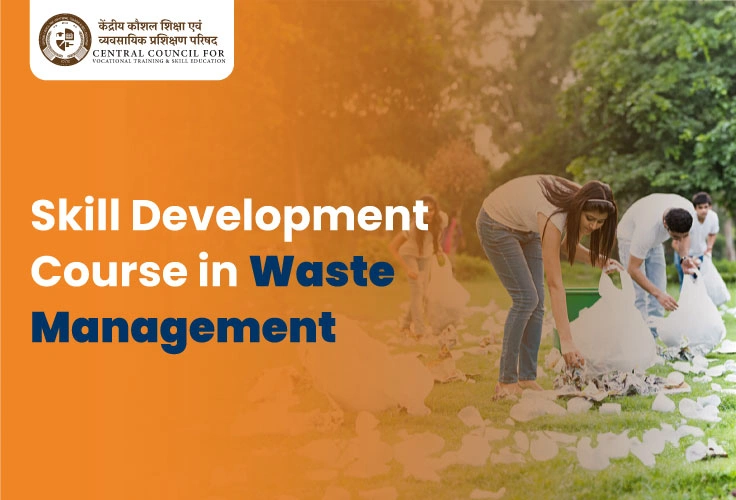- +91 8595350621
- info@ccvte.org
- C4/97B, Keshav Puram, Delhi-110035
Eco-Design and Sustainable Manufacturing

Skill Development Program in Eco-Design and Sustainable Manufacturing
Eco-Design and Sustainable Manufacturing are practices aimed at minimizing environmental impact throughout the lifecycle of products and processes. Eco-design integrates environmental considerations into the design phase, focusing on reducing resource use, minimizing waste, and enhancing recyclability. It involves selecting sustainable materials, improving energy efficiency, and designing products that can be easily repaired, upgraded, or recycled. The goal is to create products that have a lower environmental footprint from production to disposal. Sustainable manufacturing complements eco-design by implementing practices that reduce the environmental impact of production processes. This includes optimizing resource use, reducing energy consumption, minimizing waste, and controlling emissions. It involves adopting green technologies, improving process efficiency, and managing waste through recycling and reuse. Sustainable manufacturing also extends to supply chain management, ensuring that materials and components are sourced responsibly.
Why did you choose the Eco-Design and Sustainable Manufacturing Course from CCVTE?
Choosing a Eco-Design and Sustainable Manufacturing course from a CCVTE offers several advantages:
- Industry-Relevant Curriculum: We provide up-to-date and practical knowledge that aligns with current industry standards and demands.
- Expert Instructors: Our courses are typically taught by experienced professionals and researchers who are leaders in the field, ensuring high-quality instruction.
- Hands-On Experience: Our courses offer hands-on projects and real-world case studies, allowing you to apply theoretical knowledge and build a robust portfolio.
- Networking Opportunities: Enrolling in Our courses we can provide networking opportunities with peers, instructors, and industry professionals, which can be valuable for career growth.
- Certification: Upon completion, you often receive a recognized certification or diploma that can enhance your resume and improve job prospects.
- Access to Resources: Our courses usually provide access to a wealth of learning materials, tools, and platforms that can facilitate deeper understanding and practical skills development.
- Career Support: We provide career support services such as job placement assistance, resume reviews, and interview preparation, helping you transition into the workforce more smoothly.
Specialization in Eco-Design and Sustainable Manufacturing
- Sustainable Product Design
- Green Manufacturing Processes
- Life Cycle Assessment (LCA)
- Circular Economy
- Eco-Friendly Materials
- Energy Efficiency in Manufacturing
- Waste Management and Reduction
- Sustainable Supply Chain Management
- Environmental Compliance and Certification
- Green Packaging Design
Career opportunities
- Sustainable Product Designer
- Green Manufacturing Specialist
- Environmental Consultant
- Life Cycle Assessment (LCA) Analyst
- Circular Economy Specialist
- Eco-Friendly Materials Engineer
- Energy Efficiency Manager
- Waste Management Coordinator
- Sustainable Supply Chain Manager
- Environmental Compliance Officer
- Green Packaging Designer
- Sustainability Consultant
- Corporate Social Responsibility (CSR) Manager
- Environmental Policy Advisor
Syllabus
|
3 Months |
6 Months |
1 Year |
2 Years |
|
Introduction to Eco-Design and Sustainability |
Introduction to Eco-Design and Sustainability |
Introduction to Eco-Design and Sustainability |
Introduction to Eco-Design and Sustainability |
|
Sustainable Materials and Resources |
Sustainable Materials and Resources |
Sustainable Materials and Resources |
Sustainable Materials and Resources |
|
Green Manufacturing Processes |
Green Manufacturing Processes |
Green Manufacturing Processes |
Green Manufacturing Processes |
|
Product Design for Sustainability |
Product Design for Sustainability |
Product Design for Sustainability |
Product Design for Sustainability |
|
Sustainable Supply Chain Management |
Sustainable Supply Chain Management |
Sustainable Supply Chain Management |
|
|
Eco-Labeling and Certification |
Eco-Labeling and Certification |
Eco-Labeling and Certification |
|
|
Renewable Energy in Manufacturing |
Renewable Energy in Manufacturing |
Renewable Energy in Manufacturing |
|
|
Circular Economy |
Circular Economy |
Circular Economy |
|
|
Sustainable Product Life Cycle Management |
Sustainable Product Life Cycle Management |
||
|
Eco-Innovation and Technology |
Eco-Innovation and Technology |
||
|
Regulations and Compliance |
Regulations and Compliance |
||
|
Sustainable Manufacturing Case Studies |
Sustainable Manufacturing Case Studies |
||
|
Design Thinking for Sustainability |
|||
|
Project Management in Sustainable Manufacturing |
|||
|
Capstone Project in Eco-Design |
|||
|
Industry Trends and Career Development |
Top hiring Companies
- Tesla
- Apple
- Nike
- Patagonia
- Unilever
- Procter & Gamble
- General Electric
- Siemens
- Philips
- BASF
- 3M
- Interface
- Ford Motor Company
- H&M
- Johnson & Johnson
- Schneider Electric
- Coca-Cola
- Nestlé
- Deloitte
- Accenture
Other Green Jobs Courses Provided by CCVTE
Frequently Asked Questions
Eco-design, also known as sustainable design, involves creating products with consideration for their environmental impact throughout their lifecycle. This includes minimizing waste, using sustainable materials, and designing for recyclability.
This course typically emphasizes designing products and processes that minimize environmental impact and promote sustainability. Topics include sustainable materials, energy-efficient manufacturing processes, lifecycle analysis, and eco-friendly design principles.
Students will learn how to integrate sustainability into design and manufacturing, understand environmental regulations and standards, apply lifecycle analysis techniques, and develop strategies for reducing waste and energy consumption.
We provide career support services such as job placement assistance, resume reviews, and interview preparation, helping you transition into the workforce more smoothly.
Sustainable Product Designer , Green Manufacturing Specialist , Environmental Consultant , Life Cycle Assessment (LCA) Analyst , Circular Economy Specialist , Eco-Friendly Materials Engineer , Energy Efficiency Manager , Waste Management Coordinator , Sustainable Supply Chain Manager.




